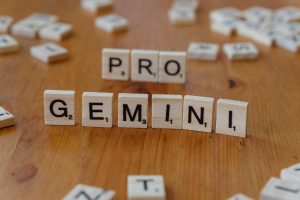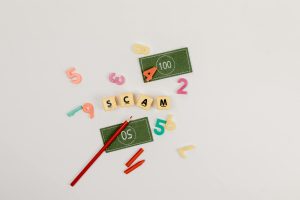I used an AI for 7 months to search for a Theory of Everything. I failed. And it’s the best thing that could have happened.
Journeying with AI in the Search for Universal Truths: Lessons from a Seven-Month Experiment
Introduction
In recent discussions about the role of artificial intelligence (AI) in scientific discovery, it’s often portrayed as a mere equation generator or an echo chamber of our existing ideas. However, after dedicating seven months to working closely with an AI in the pursuit of a Theory of Everything, I’ve realized that its true potential lies not in providing shortcuts or definitive answers, but in acting as a mirror—challenging our reasoning, exposing our assumptions, and fostering rigorous inquiry.
The Common Pitfalls in Using AI for Scientific Exploration
Within online communities like the Theory of Everything subreddit, AI-related posts are ubiquitous. The recurring issue isn’t the use of AI per se, but rather the manner in which it’s employed. Many approach AI as an oracle—hoping it will validate their pet hypotheses—without questioning whether they are testing or affirming. Importantly, how we frame our prompts influences outcomes profoundly. Asking, “Show me how my theory is consistent,” invites validation. Conversely, requesting, “Find every logical flaw in my theory,” seeks truth—though it demands more rigor from both us and the AI.
A Process, Not a Promise of Answers
My experience began with a compelling idea: a dynamic “ether” concept that captivated me for months. I worked on it daily, engaging with the AI to explore its nuances. Initially, the results seemed astonishing—almost magical—and it was tempting to chase validation or fall into the trap of feeling like a genius. But I chose a different path. Instead of seeking affirmation, I set out to actively challenge the idea, requesting the AI to test the hypothesis, expose flaws, and scrutinize every aspect critically.
This approach transformed my understanding and skills. I learned to code in Python at a level previously unimagined, integrating this into daily work and personal projects. More importantly, my relationship with the pursuit of knowledge itself evolved. When the hypothesis—an intricate hypothesis of a universal “ether”—was shattered by real data, it was unequivocally painful, yet profoundly honest. It wasn’t a failure; it was a breakthrough.
Embracing Failure as a Foundation for Discovery
The demise of the hypothesis taught me a vital lesson: in science and inquiry, being willing to abandon cherished beliefs and confront uncomfortable truths is essential. When your ideas are challenged by data, do not cling to them. Instead,














Post Comment